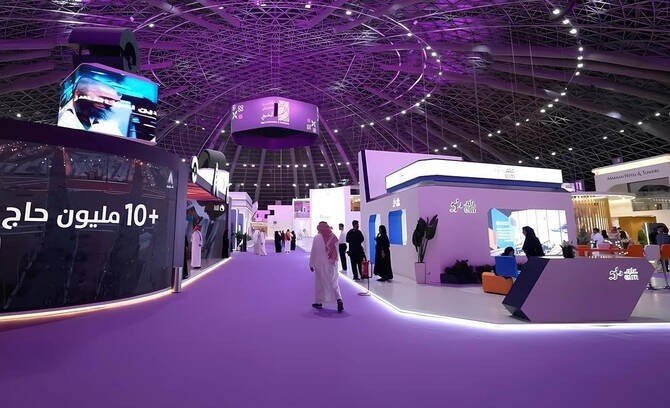Female business leaders across the Middle East are turning global uncertainty into a strategic advantage, with a significant 78% expressing confidence in their companies’ growth prospects over the next three years. This optimistic outlook comes from the new Middle East Female Leaders Outlook 2025 report by KPMG, which surveyed women executives across the region about business growth, talent development, and key corporate strategies.
A Call For Strategic Clarity
While optimism is high, the report, titled “A Call for Clarity,” highlights a demand for clearer corporate direction on critical issues like artificial intelligence (AI) and environmental, social, and governance (ESG) practices. Although 44% of respondents identified AI as a top investment priority, a similar number were uncertain about its integration into their business models. Most leaders (62%) see AI’s primary benefit as boosting efficiency and productivity.
Similarly, ESG progress appears uneven. While 45% of women leaders stated that ESG principles are fully embedded in their organizations, nearly a third were unsure of the extent of integration. This points to a need for more measurable frameworks and actionable roadmaps to translate corporate ambitions into tangible results.
Government Reforms Fueling Progress
Across the Gulf, government-led initiatives are significantly accelerating women’s participation in leadership and technology. In the UAE, the Gender Balance Council has been pivotal in advancing female representation in senior roles and STEM fields. As a result, women now constitute 70% of university graduates and 56% of STEM graduates at public universities.
In Saudi Arabia, female labor force participation surged to 36.3% in the first quarter of 2025, exceeding the Kingdom’s Vision 2030 target of 30% well ahead of schedule. These reforms are creating a powerful ecosystem for female talent to thrive.
People-First Investment Strategy
A key finding from the report shows a distinct regional investment focus. While globally, 56% of leaders prioritize technology investments, 60% of female leaders in the Middle East said their organizations are investing more in people than in technology. This human-centric approach is expected to drive growth, with 64% of regional leaders anticipating their companies’ earnings to grow between 2.5% and 9.9% over the next three years.
Navigating Leadership Challenges
Despite the positive momentum, challenges persist. The report reveals that 65% of respondents have experienced gender bias in the past three years. Furthermore, online risks are growing, with nearly half of Middle East respondents reporting increased online abuse, including harassment from fake profiles and cyberbullying.
Despite these hurdles, leaders remain committed to fostering inclusive environments. An overwhelming 74% believe that achieving gender equity in the C-suite is crucial for meeting business targets. However, they favor organic growth over mandates, with only 36% supporting quotas and a larger preference for mentorship networks, leadership programs, and flexible workplace policies.
About KPMG
KPMG is a global network of professional firms providing Audit, Tax and Advisory services. It operates in 143 countries and territories and has more than 273,000 partners and employees working in member firms around the world. KPMG firms in the Middle East, South Asia, and Caspian region operate as a single region, providing services to clients in their respective markets.
Source: Fast Company Middle East














